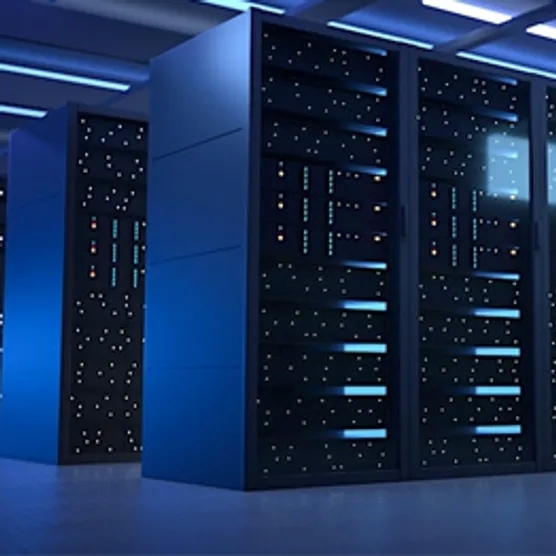Swansea Circular Economy Symposium
Talk title: 'Circular Economy at Swansea University and Throughout Wales' and 'Circular Economy Research and Innovation Funding Opportunities'
Venue: Bay Campus
This event included presentations by Swansea University academics, an industry panel and exploring the funding landscape.
Seminar
14/05/202510:00 - 16:00 BST
Event will be live
Join Live Event NowSorry, this event has passed
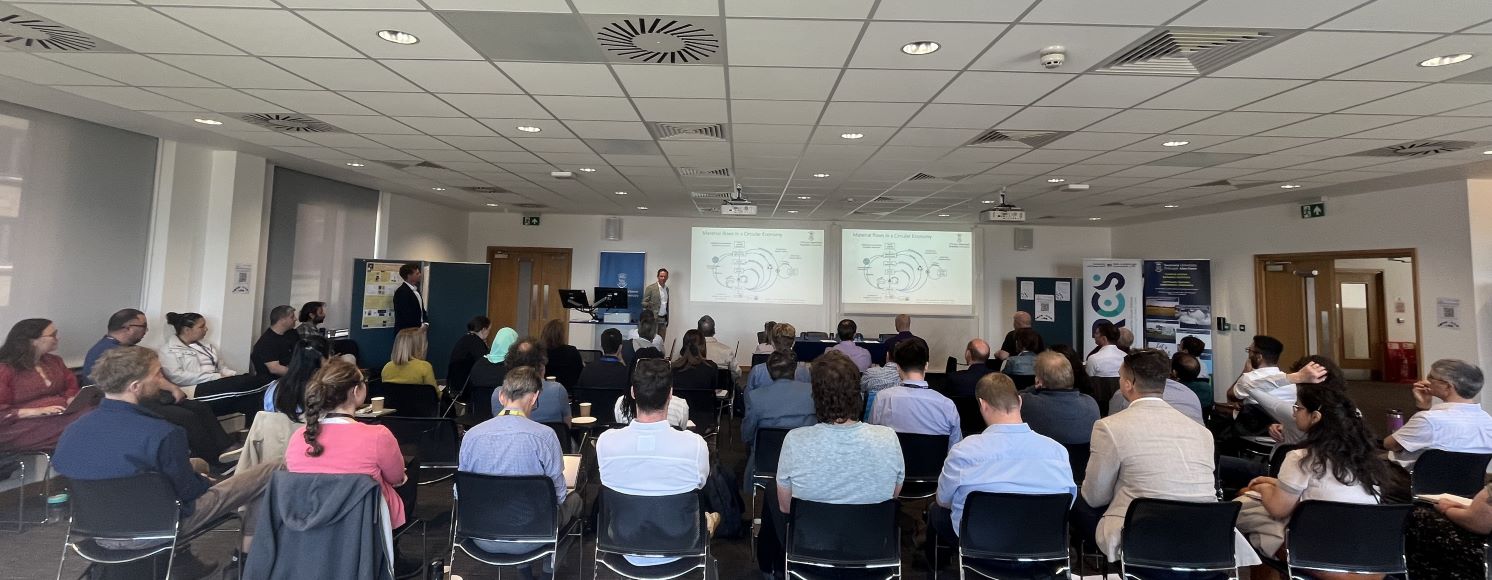
Fellowships for early career researchers: sharing of successful experience
Invited Speakers: Dr Miles Morgan, Dr Emrys Evans and Dr Helen Chadwick
Talk title: Fellowships for early career researchers: sharing of successful experience
Venue: Bay Campus
seminar
25/04/202514:00 - 15:30 BST
Event will be live
Join Live Event NowSorry, this event has passed
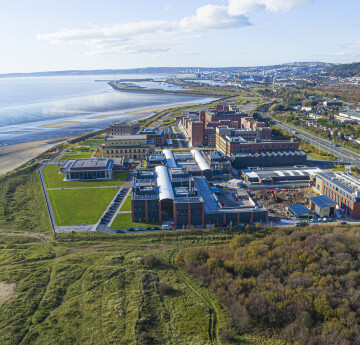
Low-Carbon Infrastructure Materials for a Sustainable Transition to Net-Zero
Invited Speakers: Dr Riccardo Maddalena and Dr Diane Gardner from Cardiff University.
This seminar provided an overview of the construction industry and its significant role in global carbon emissions.
Venue: Bay Campus
Seminar
13/12/202410:00 - 12:00 GMT
Event will be live
Join Live Event NowSorry, this event has passed
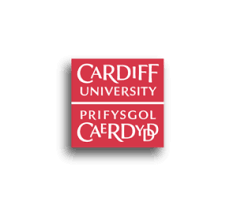
Energy storage and drives for the post-fossil age
Invited Speakers: Prof. Maximilian Fichtner from HIU, Germany, Honorary Faculty member
The lecture examined the advantages and disadvantages of various drive technologies such as combustion engines with eFuels, hydrogen drives and battery-electric drives.
Venue: Bay Campus
Professor Maximilian Fichtner
Seminar
03/10/202411:00 - 12:00 BST
Event will be live
Join Live Event NowSorry, this event has passed
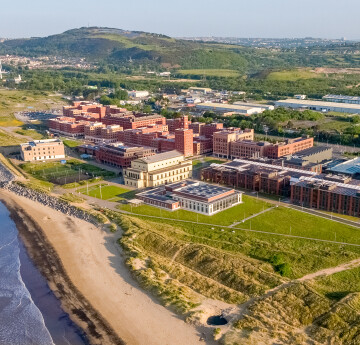
“Extreme Scaling Computing and Emerging Computational Approaches in Science and
Talk title:“Extreme Scaling Computing and Emerging Computational Approaches in Science and Engineering“
Venue: Bay Campus
The main purpose of the workshop was to scope future collaborations between Swansea and the Hartree Centre.
Hartree CentreWorkshop
26/09/202413:00 - 00:00 BST
Event will be live
Join Live Event NowSorry, this event has passed
